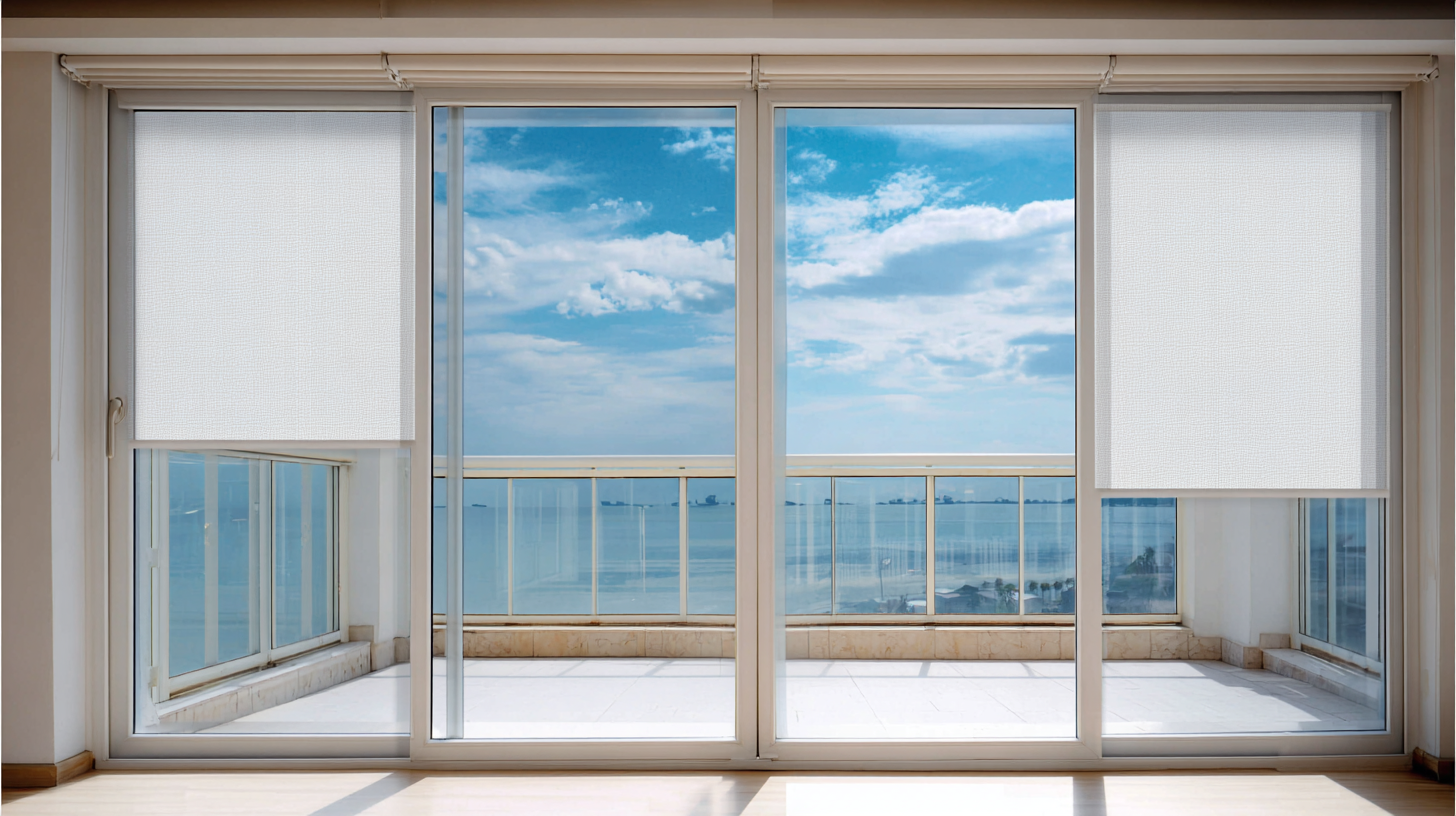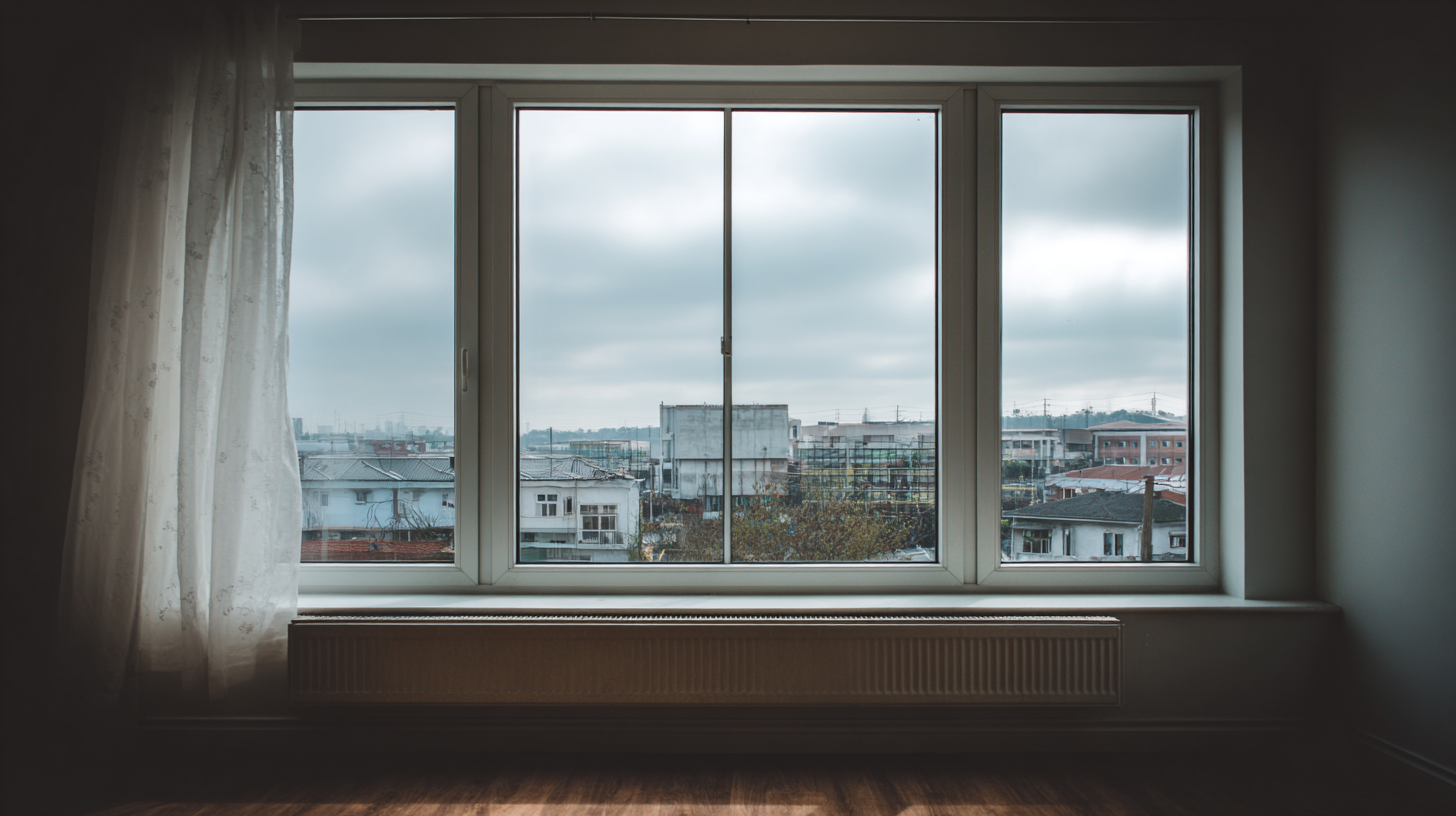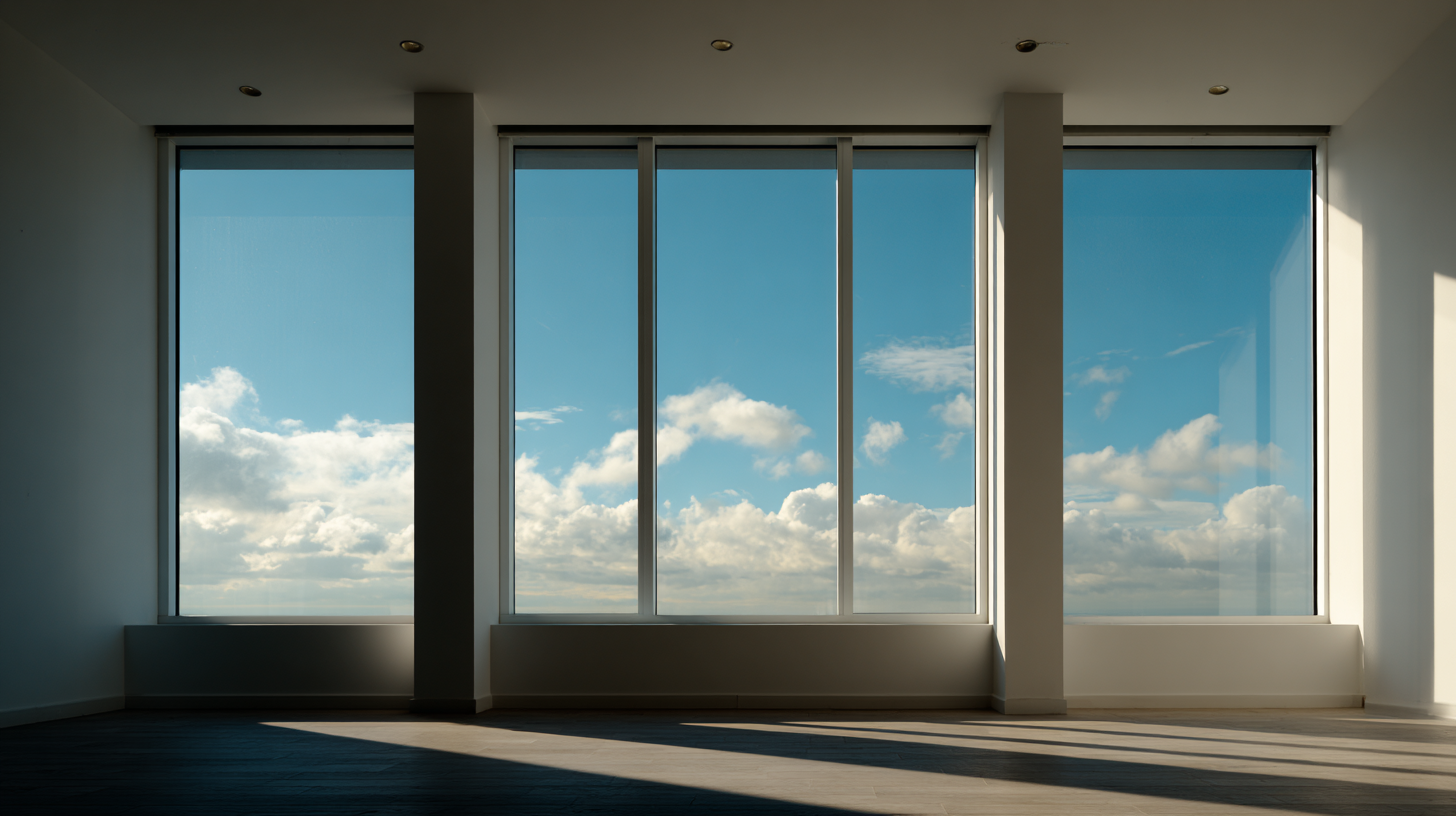In today's modern architecture, the importance of selecting the right types of windows and doors cannot be overstated, especially when it comes to enhancing both aesthetics and functionality in your home or business. Among the various options available, Kinds of Sliding Window have gained immense popularity for their space-saving design and ease of use. At LEAWOD Windows & Doors Group Co., Ltd., we pride ourselves on being a leader in the industry, specializing in the research and development of high-end windows and doors. With our innovative R7 seamless whole welding technology, we offer superior-quality finished products that seamlessly integrate into any architectural style. This Ultimate Guide to Understanding Kinds of Sliding Window will explore the diverse options available, helping you make informed decisions that reflect your unique style and meet your specific needs. Whether you are a homeowner seeking to elevate your living space or a business owner looking to improve functionality and aesthetics, our insights will guide you through the selection process.

Sliding windows are increasingly popular among homeowners and business owners alike, thanks to their versatility and modern aesthetic. According to a report by the American Architectural Manufacturers Association, sliding windows account for nearly 25% of all residential window sales in the United States. This can be attributed to their efficient use of space and ease of operation, making them ideal for homes with limited wall space or in areas requiring a wide view.
When considering sliding windows, homeowners should be aware of the various types available. Among the most common are single-slider and double-slider windows. Single-slider windows feature one operable sash that slides horizontally, while double-slider windows allow both sashes to move, providing greater ventilation and ease of cleaning. A study from the National Fenestration Rating Council indicates that windows can significantly influence a home’s energy efficiency, with double-slider options typically offering better thermal performance. By selecting the right type of sliding window, homeowners can enhance the aesthetic appeal of their property while optimizing energy usage.

When selecting sliding windows for your home or business, the choice of materials is crucial, as each comes with its own set of advantages and disadvantages. Vinyl, for instance, is praised for its energy efficiency and low maintenance, making it a popular choice among homeowners. According to a report by the U.S. Department of Energy, vinyl windows can provide up to a 35% reduction in energy costs compared to traditional wood frames. However, it's important to note that the lifespan of vinyl windows can be shorter, typically around 20-30 years.
On the other hand, wood sliding windows offer unmatched aesthetic appeal and can significantly enhance a property’s value. The National Renewable Energy Laboratory reports that properly maintained wood frames can last upward of 50 years. Nonetheless, wood requires regular upkeep to prevent issues like rot and warping.
**Tip:** When selecting sliding windows, consider local climate conditions as they can impact material performance. Additionally, boosting energy efficiency with double or triple glazing can enhance comfort and reduce utility bills. Always consult with professionals to determine which material best suits your specific needs.
| Material | Pros | Cons | Best For |
|---|---|---|---|
| Vinyl | Affordable, low maintenance, energy-efficient | Less durable than some materials, limited color options | Residential homes |
| Aluminum | Strong, lightweight, variety of styles | Conducts heat, can be prone to denting | Commercial buildings |
| Wood | Natural beauty, good insulation | High maintenance, can warp or rot | Traditional homes |
| Fiberglass | Highly durable, energy-efficient, low maintenance | Higher initial cost, difficult to find | Modern architecture |
When selecting sliding windows for your home or business, energy efficiency is a crucial factor that often goes overlooked. According to the National Fenestration Rating Council (NFRC), windows can account for up to 30% of a building's heating and cooling energy use. Choosing the right glass for your sliding windows can significantly mitigate this energy loss. For instance, low-E (low emissivity) glass reflects heat back into the room during winter while preventing excessive heat entry in summer, effectively reducing your energy bills.
Recent studies suggest that homes equipped with energy-efficient windows, such as those with double-pane or triple-pane glazing, can save homeowners between $126 to $465 annually on energy costs, depending on climate and window placement. Utilizing argon or krypton gas between panes further enhances thermal performance by minimizing heat transfer. As businesses increasingly focus on sustainability, investing in energy-efficient sliding windows not only reduces operational costs but also promotes a greener footprint, aligning with the growing consumer demand for environmentally responsible practices.

When it comes to designing sliding windows for your home or business, customization options are key to achieving the perfect balance between functionality and aesthetic appeal. From selecting the frame material to choosing the right glass type, there are numerous ways to tailor sliding windows to your personal style. For instance, aluminum frames can provide a modern, sleek look, while wood frames offer a more traditional, warm feel.
One helpful tip for customization is to consider the color palette of your space. Choosing a frame color that complements your existing decor can tie the whole look together. Additionally, think about the window's operational features—tinted or frosted glass can add privacy and control light levels, making them ideal for both homes and offices.
Finally, don't overlook the importance of hardware finishes. The handles, tracks, and hinges should not only be functional but also enhance the overall design. Opt for finishes that match or contrast beautifully with your window frames to create a cohesive and stylish appearance that truly reflects your unique style.
Maintaining sliding windows is essential for both functionality and aesthetics in your home or business. Regular upkeep can prevent costly repairs and ensure the longevity of your windows. One of the first tips to consider is to clean the tracks and rollers regularly. Dirt and debris can accumulate, obstructing movement and causing wear. A simple solution is to vacuum the tracks and wipe them down with a damp cloth to keep them free of obstructions.
Another important maintenance tip is to lubricate the moving parts of your sliding windows. Using a silicone-based lubricant ensures that the rollers move smoothly without attracting dust. This process should be done at least once a year to extend the lifespan of your windows. Additionally, check the seals and weather stripping for any signs of wear. Replacing damaged seals will not only help in maintaining the window's efficiency but also contribute to energy savings over time. Keeping these components in check will guarantee that your sliding windows remain in top condition, enhancing both comfort and durability.
When it comes to selecting sliding windows for commercial spaces, business owners must consider both functionality and aesthetics to enhance their premises effectively. According to a report from the Window and Door Manufacturers Association (WDMA), the sliding window market has been growing steadily, with a projected CAGR of 4.2% from 2022 to 2027. This growth is driven by the increasing demand for energy-efficient solutions that not only reduce utility costs but also contribute to a greener environment. Choosing windows that meet Energy Star ratings can lead to savings of up to $30% on energy bills, a significant incentive for businesses looking to optimize operating costs.
Additionally, security should be a key consideration when selecting sliding windows for commercial spaces. The National Institute of Standards and Technology (NIST) emphasizes the importance of robust locking mechanisms and shatter-resistant glass in enhancing safety. Businesses that prioritize high-quality sliding windows can reduce the risk of break-ins, protecting both assets and employees. By investing in durable and secure window options, companies can ensure a safer and more appealing environment for their customers and staff alike.
: Energy efficiency is crucial because windows can account for up to 30% of a building's heating and cooling energy use, significantly impacting energy bills.
Low-E (low emissivity) glass is recommended as it reflects heat back into the room during winter and prevents excessive heat entry in summer.
Homeowners can save between $126 to $465 annually on energy costs with energy-efficient windows, depending on climate and window placement.
Argon or krypton gas can be utilized between panes to minimize heat transfer and enhance thermal performance.
Customization options allow homeowners to achieve a balance between functionality and aesthetic appeal, allowing them to choose frame materials, glass types, and operational features that suit their style.
Common frame materials for sliding windows include aluminum for a modern look and wood for a traditional, warm feel.
Selecting a frame color that complements existing decor can create a cohesive look throughout the space.
Hardware finishes, such as handles and hinges, should enhance the overall design and functionality of the windows, contributing to a stylish appearance.
Tinted or frosted glass can be chosen to add privacy and control light levels in both residential and commercial spaces.
Investing in energy-efficient sliding windows reduces operational costs and promotes sustainability, aligning with environmentally responsible practices in business.
In the "Ultimate Guide to Understanding Kinds of Sliding Window for Your Home and Business," we delve into various types of sliding windows, offering homeowners a comprehensive breakdown to help them make informed decisions. Each type is analyzed for its unique features, suited applications, and aesthetic appeal. The guide also reviews the best materials for sliding windows, weighing their pros and cons, alongside energy efficiency considerations that are vital for selecting the right glass.
Moreover, customization options are explored, enabling readers to design sliding windows that seamlessly fit their style and requirements. Maintenance tips are provided to ensure that these windows remain in optimal condition over time. For business owners, the guide equips them with insights tailored to choosing the right sliding windows for commercial spaces, ensuring functionality and design meet professional needs. With LEAWOD's expertise in high-end window manufacturing, including R7 seamless whole welding technology, the guide serves as an essential resource for both homeowners and businesses alike to understand the diverse kinds of sliding window available in today's market.











 +0086-157 7552 3339
+0086-157 7552 3339  info@leawod.com
info@leawod.com 